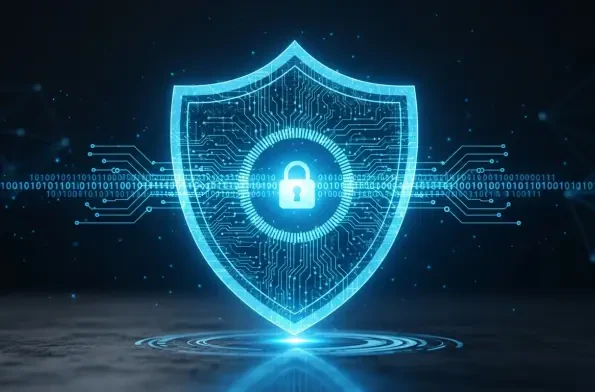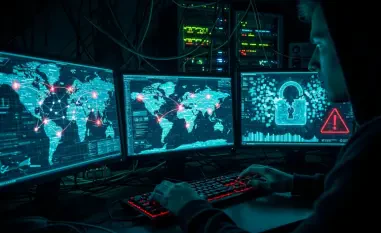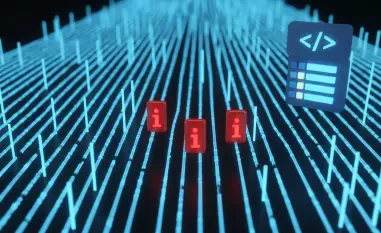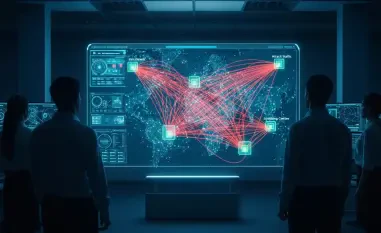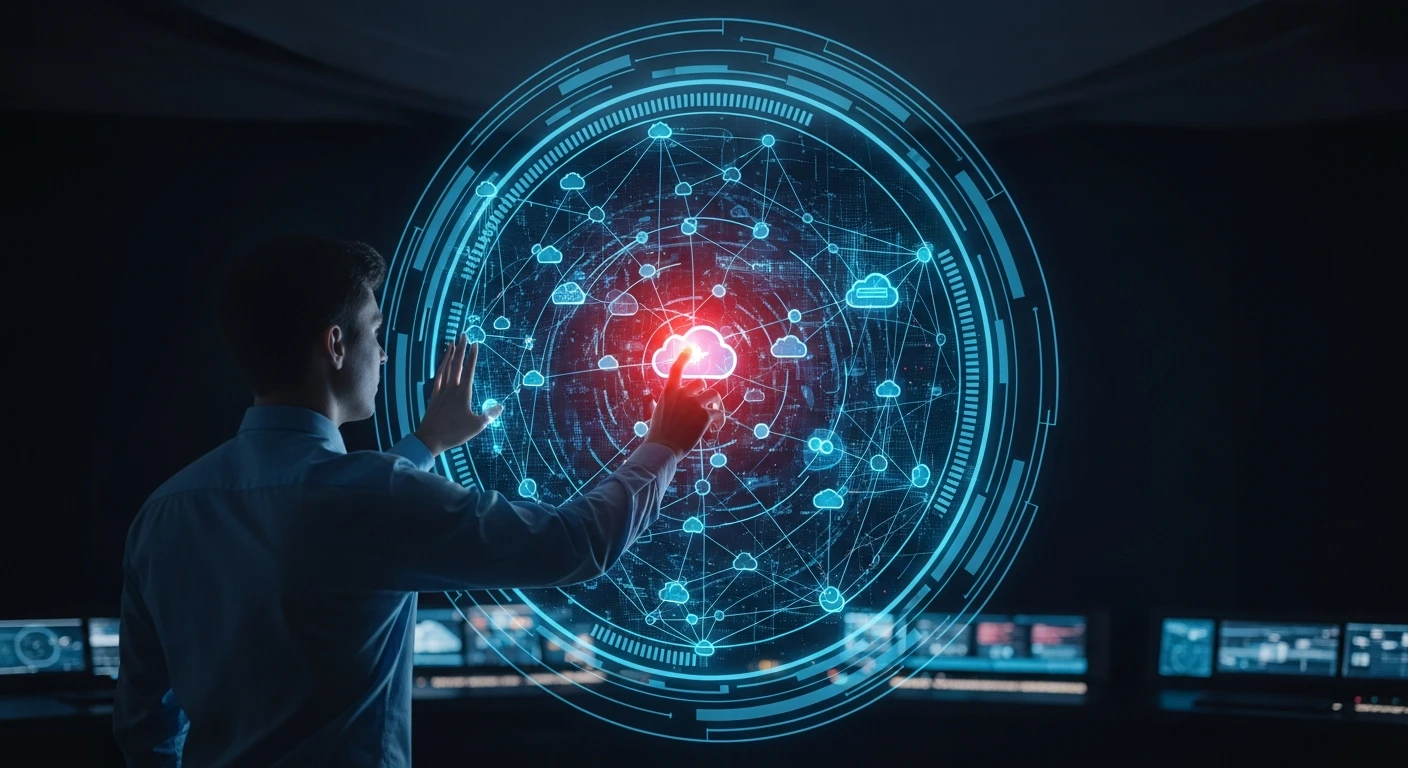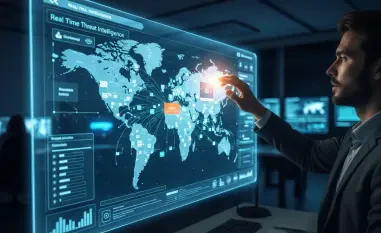As the global economy becomes increasingly dependent on digital infrastructures, cyberattacks on cloud accounts surge, creating profound vulnerabilities. Recent revelations of Russian malware, dubbed “Authentic Antics,” raise substantial concerns about the security of personal and professional digital activities worldwide. This incursion into Microsoft cloud accounts raises an urgent question: How secure are the digital spaces that society relies on daily for communication and data storage?
Rising Concerns: The Significance of Cybersecurity
In today’s digital age, Microsoft cloud services play an indispensable role across sectors. From individuals storing cherished photos to businesses conducting crucial transactions, these platforms are integral to global operations. The worrying rise in cyber incidents tied to espionage, often involving significant financial and data loss, underscores the acute vulnerabilities present in our current digital landscape. Authentic Antics’ appearance is but a symptom of this broader cybersecurity challenge, foreshadowing potential threats to data integrity and personal privacy.
Dissecting the Malware: Operational Insights
Authentic Antics operates with disturbing efficiency. This malware ingeniously infiltrates Microsoft cloud accounts, masquerading as legitimate Outlook activity. By intermittently prompting users for credentials and intercepting them along with access tokens, it cleverly evades conventional detection methods. This technique exemplifies tactics used by the notorious APT28 group, noted for executing sophisticated cyberattacks worldwide. These intrusions, often difficult to detect and mitigate, represent a new frontier in cyber warfare and underscore the necessity for enhanced defensive measures.
Expert Perspectives on the Escalating Threat
Cybersecurity experts are increasingly vocal about the dangers posed by sophisticated malware like Authentic Antics. According to the UK’s National Cyber Security Centre (NCSC), such threats demand a robust and coordinated response from international stakeholders. Specialists emphasize the need for vigilance as organizations and individuals continue to face growing threats from highly organized cyber adversaries. Real-world examples reveal the dire consequences of failing to address these threats effectively, as targeted institutions have endured substantial setbacks and operational disruptions.
Proactive Protection: Enhancing Cyber Defenses
In light of these looming threats, adopting proactive strategies is crucial for safeguarding against Authentic Antics and similar malware. Implementing regular security audits and updating cybersecurity protocols can serve as proactive defense measures. Additionally, fostering international collaboration is vital to establishing resilient cyber defenses capable of countering future threats. By uniting global resources and expertise, society can better prepare to thwart potential cyber threats before they escalate into major incidents.
As the world continues to grapple with these cyber challenges, the recurrent pattern of Russian cyber operations has driven a reevaluation of global cybersecurity strategies. Taking decisive action to fortify networks against such threats is more pressing than ever. The persistent nature of these threats highlights a clear path forward, where coordinated international efforts must play a central role in bolstering digital security and safeguarding critical data.
